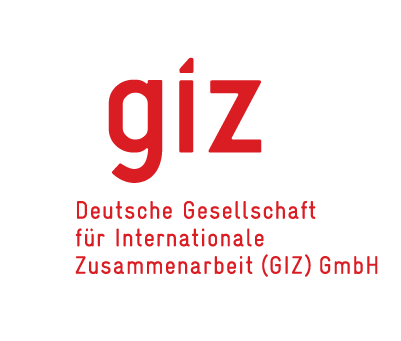Partner with GIZ: A Sustainable Development Opportunity for Israeli Businesses


Africa Finance Corporation plans to spend $253 million on making Africa's infrastructure more resilient to climate change. This will involve using scientific methods to plan, design, build and operate infrastructure assets in a way that aligns with the Paris Agreement on climate change. The main areas of focus will be transport and logistics, energy systems, economic zones, and telecommunications and digital infrastructure. The money will be used to cover the extra costs involved in adapting infrastructure to make it more resilient to the effects of climate change.
Global Evergreening Alliance seeks to restore degraded lands and capture 20 billion tons of CO2 by 2050. Eligible parties include NGOs, research institutes, and government agencies. Israeli green businesses have the opportunity to participate in land restoration programs, biomass energy production, and more. As a member of the alliance, Israel can collaborate with governments and organizations worldwide to promote sustainable land use and combat climate change. By increasing tree coverage, soil carbon sequestration, and biomass energy production, Israel can contribute to achieving the alliance's goals while promoting ecological and economic sustainability.
The Ghanaian government is investing $541 million to revamp the poultry industry, with the aim of achieving self-sufficiency in poultry meat products and reducing recent imports. The investment will expand domestic production from 50,000 mt to an envisaged 450,000 tonnes and increase the domestic poultry sector’s value from $62 million to $562 million.
The funding will be used for technical assistance programs in animal husbandry and health, expansion and upgrading of feed mills, enhancing access to finance and cost-sharing support for private investment in hatcheries and production expansion, and promoting the expansion of SME processing in the areas of slaughtering and packaging. The investment is a part of the country’s goal to achieve self-sufficiency and agrifood transformation, with a focus on food security. Eligible recipients for the funding include private investors in hatcheries and production expansion, as well as SMEs in the areas of slaughtering and packaging.